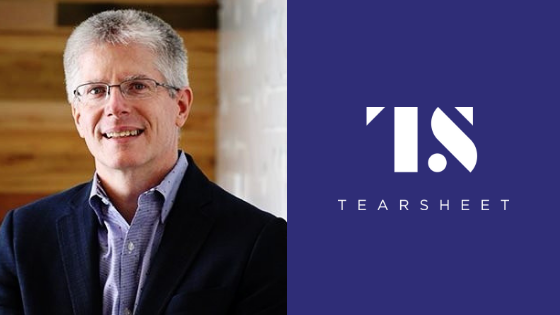Future of Investing, Podcasts
How technology is changing the wealth management adviser/client relationship with eMoney’s Ed O’Brien
- Much of the investment process has been automated.
- Wealth advisers are doubling down on providing planning advice.








